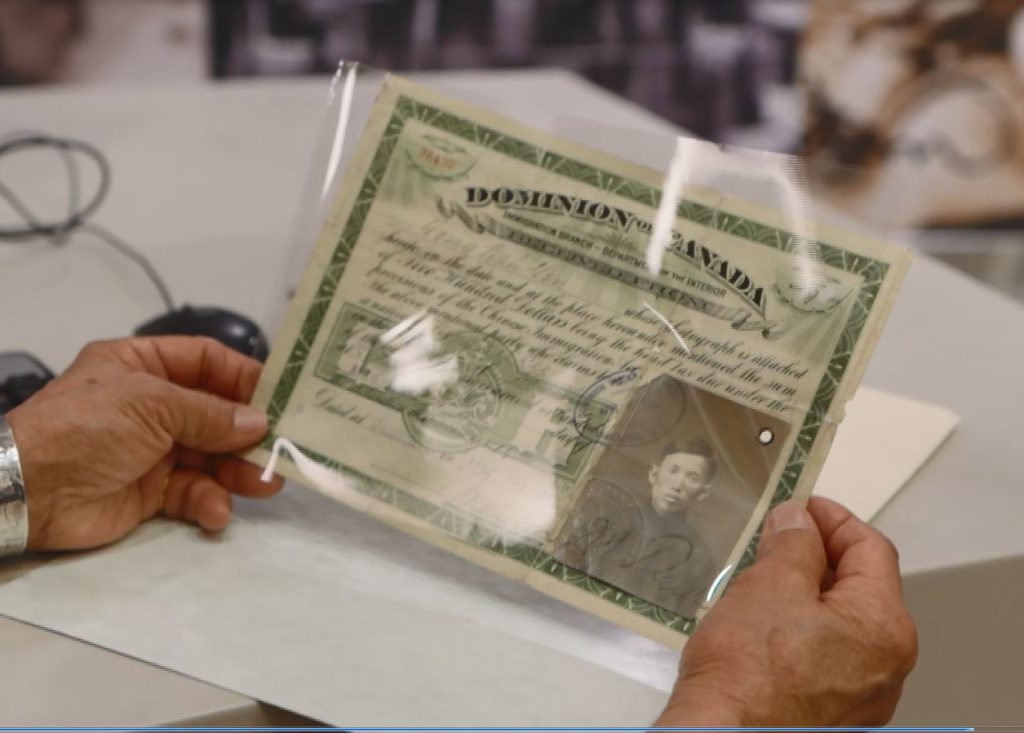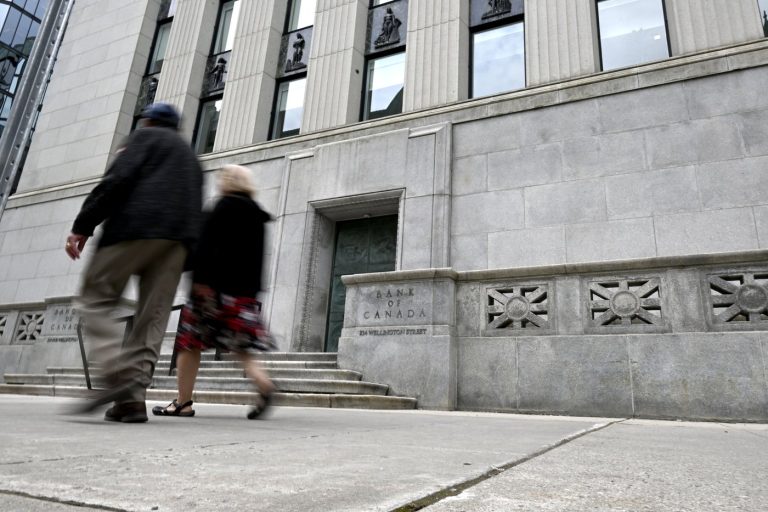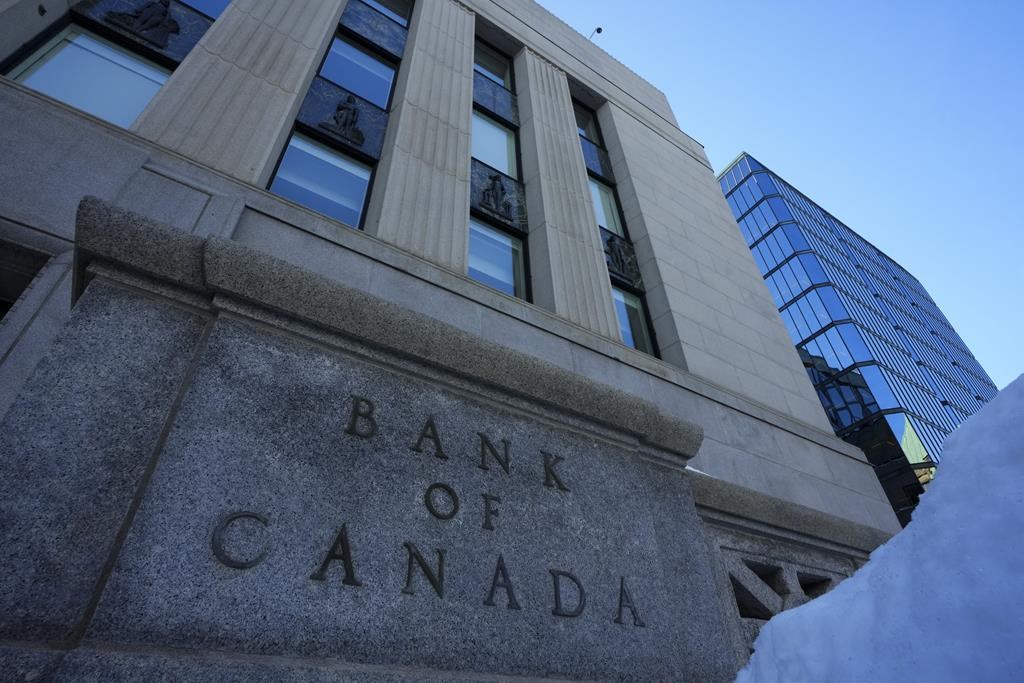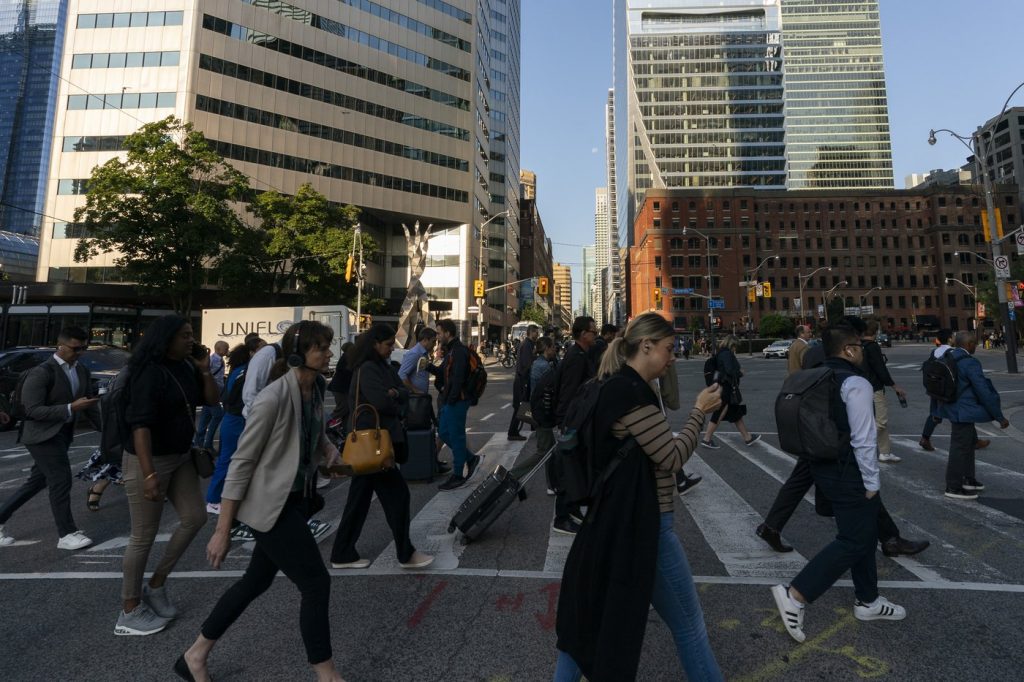The year 2023 will mark a treacherous milestone for the Chinese-Canadian community in Canada: 100 years since the passing of the 1923 Chinese Immigration Act in Canada (more commonly known as the Chinese Exclusion Act). This piece of immigration law gave way to the darkest period in Chinese Canadian history.
For almost 24 years, people of Chinese origin were singled out and barred from entering Canada on the basis of their race. The only exceptions were students, merchants (excluding laundry, restaurant and retail operators), diplomats and Canadian-born Chinese returning from education in China.
Richard Wong, a celebrated philanthropist and business owner in British Columbia, recalls a memory of his grandfather, who arrived in Canada during the 19th century. Like thousands of other Chinese people, he was lured with a promise of a better life.
“I think they saw Canada as gold mountain back in those days, right? And in 1858, when gold was discovered on the Fraser River, a lot of the Chinese miners actually came from California,” Wong said.
What those Chinese miners didn’t know, was that the Golden Mountain wasn’t golden after all. They were put through long hours of harsh labour, poor living conditions, no language capability and extremely low income.
“I think this is a big suffering,” Wong said.
“It’s not only for my grandfather, for his children, for his grandchildren, and for his family, this is really the suffering, also to his parents, is suffering of four generations.”
“My grandmother always looked at the sky and cried, whenever she (was) alone, she (would) look at the sky, and why she keep crying? Because she was thinking of her husband, in hope of a time they might be together again,” Wong added.
In search of his family’s history, Richard Wong went back to Prince Rupert to look for the site of the restaurant where, more than a hundred years ago, his grandfather first tried to make a new life.
“The West End chop house was listed on the directory in 1925. So at 1925 had been proof, the restaurant was here.”
In 1885, as soon as the Canadian Pacific Railway was complete, the federal government passed the Chinese Immigration Act. Every person of Chinese origin coming to Canada had to pay a fee of $50 – the head tax.
“I cannot describe with word, a lot of feeling. It seems to be that I come to reunite with my grandfather. That is how I feel right now,” said Wong.
“I cannot imagine all by himself because the exclusion act and he cannot bring his wife, bring his family to come here. This is how I feel. It’s just suffering. Sorry. It’s difficult. It’s difficult. So that’s why for them, after the… I mean, so lonely and no relative, no psychological mental comfort, no physical, be a lonely man.”
Wong hopes that with 100 years’ worth of evidence, pointing to the suffering that the Chinese people had to go through, he can now be treated as an equal.
“So, we just want to be Canadian,” Wong said.
“We want to enjoy work hard just like all fellow Canadians, but I’m grateful by your understanding, due mutual communication, we learn from each other. Doesn’t matter whether you’re Canadian, you’re Indigenous community, friends, or immigrant from Europe, we are all one big family. That is what Canada is all about. Multiculturalism.”

























